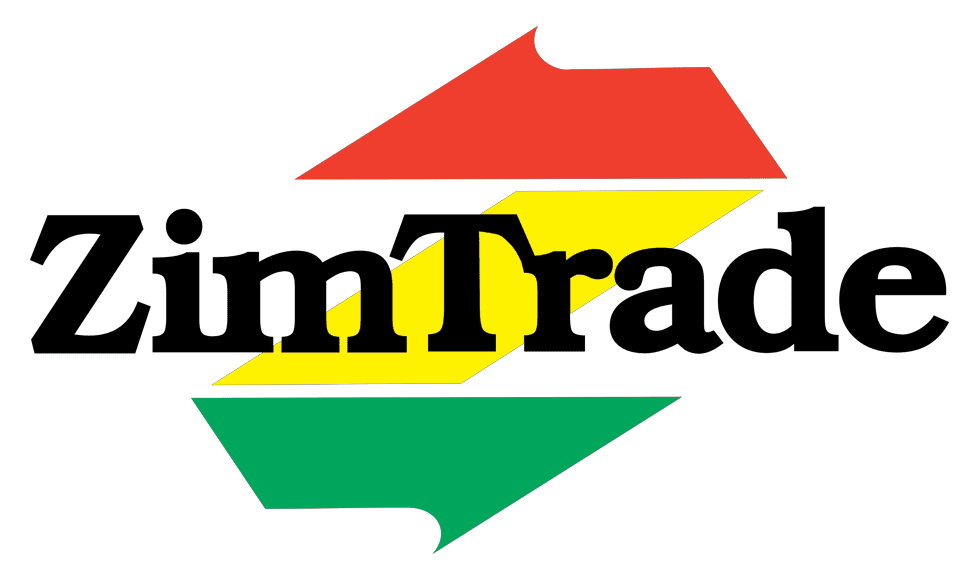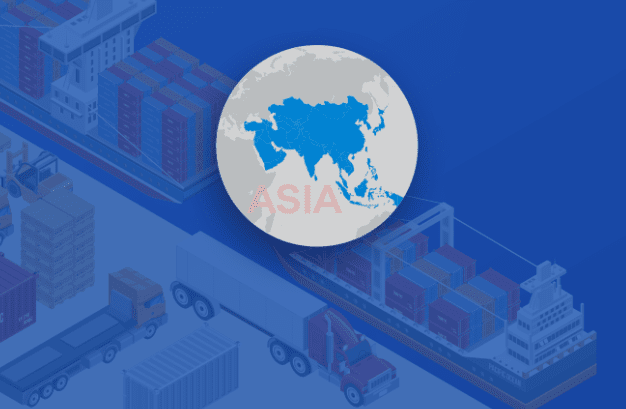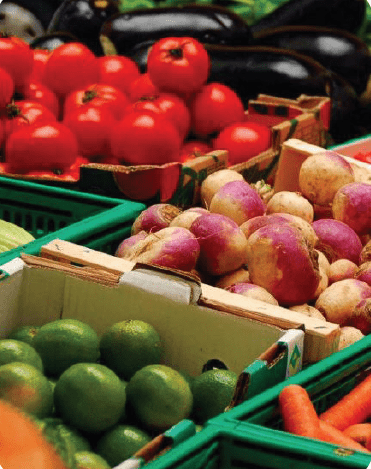Zimbabwe is positioning itself to become a strong player in both regional and international markets.
Already, President E. D. Mnangagwa’s Second Republic is actively implementing programmes and activities to diversify the country’s export markets by leveraging strong political relations with countries worldwide.
These efforts are further boosting the economy by opening new avenues for trade through strengthened global partnerships that are enhancing Zimbabwe’s presence on the international stage.
Central to these efforts are activities by the Ministry of Foreign Affairs and International Trade, as well as ZimTrade, the national trade development and promotion agency, which are connecting Zimbabwean suppliers with buyers across the globe.
By organizing trade missions, participating in international trade fairs, and forging bilateral trade agreements, the Ministry and ZimTrade are ensuring that Zimbabwean products find new markets.
These initiatives are designed to position the country favourably within global supply routes, which is undoubtedly boosting export volumes and strengthening the national economy.
As Zimbabwe seeks to expand its export market, Asia has emerged as a promising frontier for locally produced goods and services.
The continent’s growing economy, and expanding middle class make it an attractive destination for business expansion.
Asia’s strong growth expectations are driven by evolving consumer preferences, which are shifting towards a more diverse range of products and services, with a special focus on quality and heathier commodities from suppliers such as Africa.
Changes in dietary habits and increased demand for leisure activities are creating a ground for Zimbabwean exporters.
Further to this, the region’s openness to new products presents an opportunity for both new and established businesses to tap into a lucrative market.
Asia has strong growth expectations, making it a desirable alternative for business expansion for both new and established exporters.
The market is projected to demand a more diverse range of products and services due to evolving dietary and leisure patterns which could present an opportunity for exporters.
Exporting to Asia successfully requires a more focused strategy.
To fully comprehend the economic dynamism of each region, it is necessary to collect as much information as possible about each country, including the pertinent laws, entry requirements, freight and logistics, product liability and the risks associated with each market, and adapting offers to suit the specific requirements of each country.
Trade with Asia
Asia is emerging as Africa’s main trading partner following a significant shift in the continent’s trade partnerships.
The total value of SADC’s exports to Asia in 2022 was US$113 billion.
China was the region’s biggest importer with its imports valued at US$53,2 billion.
India experienced an all-time high for SADC imports in 2022 worth US$14,7 billion, followed by UEA with US$11,3 billion worth of imports.
Trade data suggest that there is substantial potential to expand trade relations between Zimbabwe and the different Asian markets.
In 2022, Zimbabwe’s major exports to Asia were tobacco, fruits and nuts, cotton, raw hides, leather, coffee, tea and cut flowers.
The United Arab Emirates, China, Indonesia, Vietnam, and India were the top importing Asian markets for Zimbabwean products in 2022.
China
China is the largest economy in Asia and the second largest in the world.
Zimbabwe’s trade with China has been on an upward trajectory from 2021 to 2023 and is expected to continue growing.
The Chinese market is at the top of the list when it comes to export opportunities for Zimbabwe’s nuts, citrus fruits and melons with imports from Zimbabwe for this group being valued at US$5,8 million in 2022 and US$13,8 million in 2021 according to the Trade map.
China has expressed interest in Zimbabwean products such as citrus, resulting in a trade protocol being signed by the two countries in 2022, allowing smallholder farmers under the Shashi irrigation scheme to export oranges.
Protocol negotiations for other horticultural products from Zimbabwe like blueberries, avocados, macadamia and pecan nuts are still underway.
According to Trade Map, Zimbabwe was amongst the top exporting countries to China from the SADC region in 2023, along with South Africa, Angola, DRC, Zambia and Mozambique.
Top imported horticultural produce in China in 2022 from the region were live trees and cut flowers, roots and tubers, citrus fruits, melons, coffee, tea, mate and spices.
India
While China has traditionally accounted for the largest share of trade growth between Africa and Asia, trade has also grown with other major economies in Asia such as India.
Since 2000, India-Africa trade has grown more than 20-fold.
India’s rapid economic development is creating a large middle class and an ever-expanding consumer market.
India’s major imports in 2022 were tobacco, coffee, tea, mate and spices.
Zimbabwean products with export potential in India besides tobacco and minerals include oranges, tea, avocados, nuts, coffee, macadamia nuts, grapefruit and cotton according to the Trade map export potential map
South Korea
South Korea is emerging as a potential trade partner for Zimbabwe.
In 2023 exports from Zimbabwe to Korea doubled in value to US$20,8 million from the US$10,4 million recorded in 2022.
The main products that Zimbabwe exported to South Korea were raw tobacco, wood and articles of wood, cut flowers, sculptures and precious metals.
According to Trade map, Zimbabwean products with the most potential in Korea include minerals, sugar cane, oranges, cotton and macadamia nuts.
The South Korea Africa Summit held in June 2024 paves way to increased trade between Zimbabwe and the East Asian country.
Indonesia
Indonesia is the largest economy in Southeast Asia; hence it is a very good prospect for companies wishing to enter the Asian market.
In 2022 Zimbabwe exported products worth US$13,8 million to Indonesia.
Indonesia offers export potential for a wide range of Zimbabwean companies in the areas of minerals, agri-business, horticulture, sugar cane and cotton.
In 2022 Indonesia imported products worth US$61,2 million from Zimbabwe with top imports being tobacco and cotton.
In 2011, Indonesia and Zimbabwe signed a memorandum of understanding on the establishment of a joint commission on trade and investment with the aim of increasing trade between the two nations.
According to a survey recently conducted by ZimTrade products with export potential from Zimbabwe to Indonesia include essential oils and horticultural products.
Specific requirements on low hanging fruits
Horticulture is a low hanging fruit that can provide Zimbabwean businesses with export opportunities in Asia.
Top horticultural products that have been seen to be doing well in the Asian market from Zimbabwe include citrus fruits, avocados, blueberries, watermelons, macadamia and pecan nuts, coffee, tea and fresh peas.
To export successfully into the Asian market exporters must be aware of food safety and environmental requirements by the Asian market.
Fruit and vegetable exports are subject to several regulations, both mandatory and national government formulated.
Apart from food safety, food safety standards and regulations in the Asian market cover multiple aspects such as plant and animal health, product quality, environmental protection and social welfare.
Stronger emphasis on public health and consumer welfare has called for a focus on the entire food safety supply chance on identifying and controlling hazards effectively.
Almost all Asian governments apply phytosanitary measures to prevent the introduction and spread of pests from plant products.
Exporters therefore need to have a phytosanitary certificate before they can export.
Most Asian countries require adoption of the hazard analysis and critical control point HACCP approach to assuring food safety.
There are also some requirements that are specific to each country with regards to packaging and labelling which exporters should know before exporting.
In addition to the mandatory and governments requirements, private sector standards are increasingly playing a critical role in the marketplace.
For exporters to supply goods to most Asian markets they now must comply to standards and certifications such as organic certification, global GAP certification, FairTrade certification among others.
ZimTrade is working towards facilitating diversification to broaden Zimbabwe’s export basket by facilitating Zimbabwean businesses to adhere to Chinese import regulations and standards.
To date, ZimTrade has facilitated registration of several companies under the Geneal Administration of Customs of China (GACC) regulatory system which is a mandatory requirement for businesses wishing to export food products to China.







